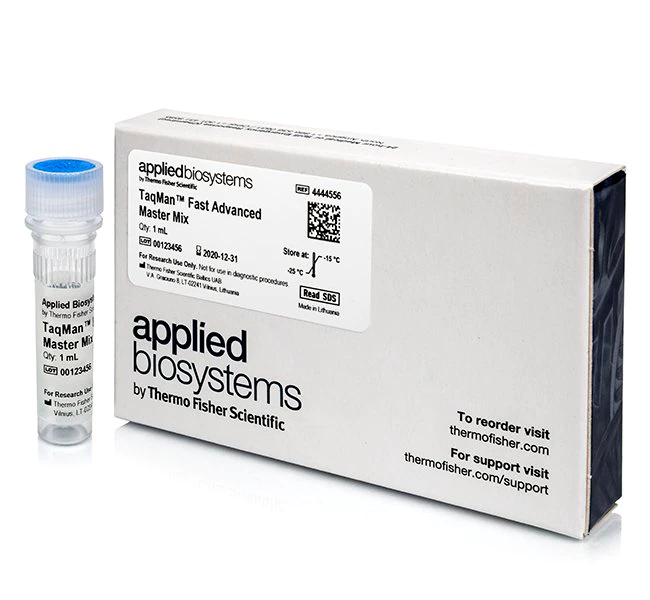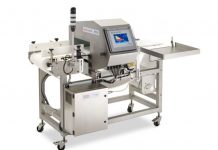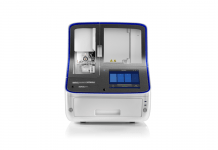
Thermo Fisher Scientific, in serving science, recently announced an update to its applied biosystems TaqMan SARS-CoV-2 mutation panel to enable direct detection of the omicron SARS-CoV-2 variant. The panel is designed with a customizable menu of real-PCR genotyping assays to accurately identify known SARS-COV-2 variants in just over an hour.
South African researchers first identified the omicron variant in November 2021 and it has since been detected in dozens of countries in the weeks that followed. The discovery has prompted further studies examining its potential for increased transmissibility or the ability to subvert protection from vaccines. These properties are believed to stem from mutations found in the Omicron variant, including multiple modifications in the S gene (G339D and Q493R). The new assays were developed two weeks after the WHO classified Omicron as a variant of concern, enabling public health laboratories to quickly evolve their surveillance testing programs in response.
The TaqMan SARS CoV-2 Mutation Panel is compatible with real-time PCR instruments already commonly used in laboratories around the world. Labs can choose from a menu of over 50 known mutations of SARS-CoV-2 to build their unique panel, which is designed to be highly scalable, and run up to several hundred samples to monitor for one or multiple mutations simultaneously. This empowers labs to be flexible based on the testing needs in their area.
“The emergence of the Omicron variant has shown how important it is to have continued surveillance testing,” said Manoj Gandhi, senior medical director for genetic testing solutions, Thermo Fisher Scientific. “The TaqMan mutation panel can be easily tuned to account for such emerging variants, allowing laboratories to conduct large-scale surveillance testing in this phase of the pandemic. This will allow public health agencies to track the omicron variant and determine if countermeasures need to be implemented to mitigate the spread.”








